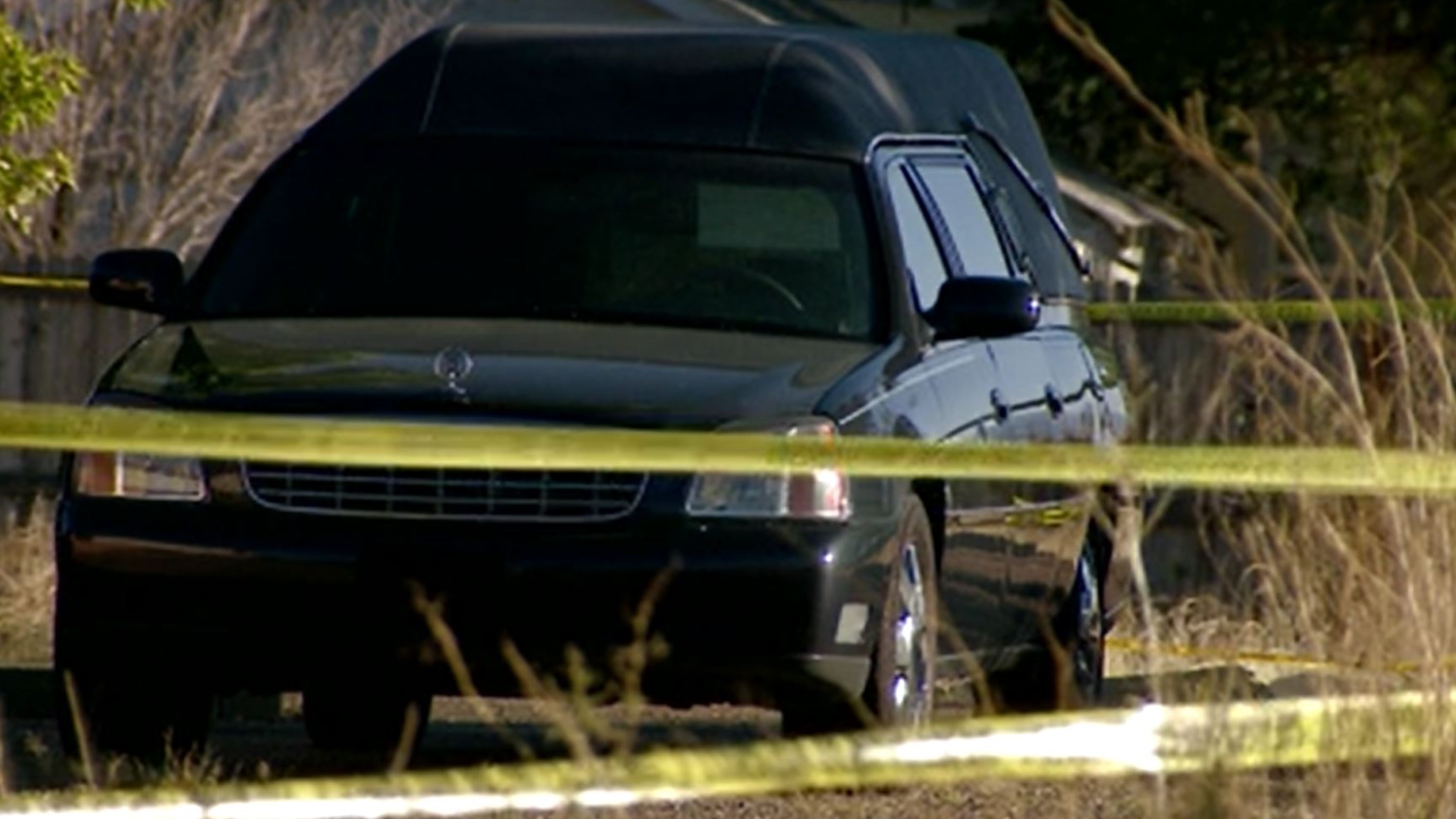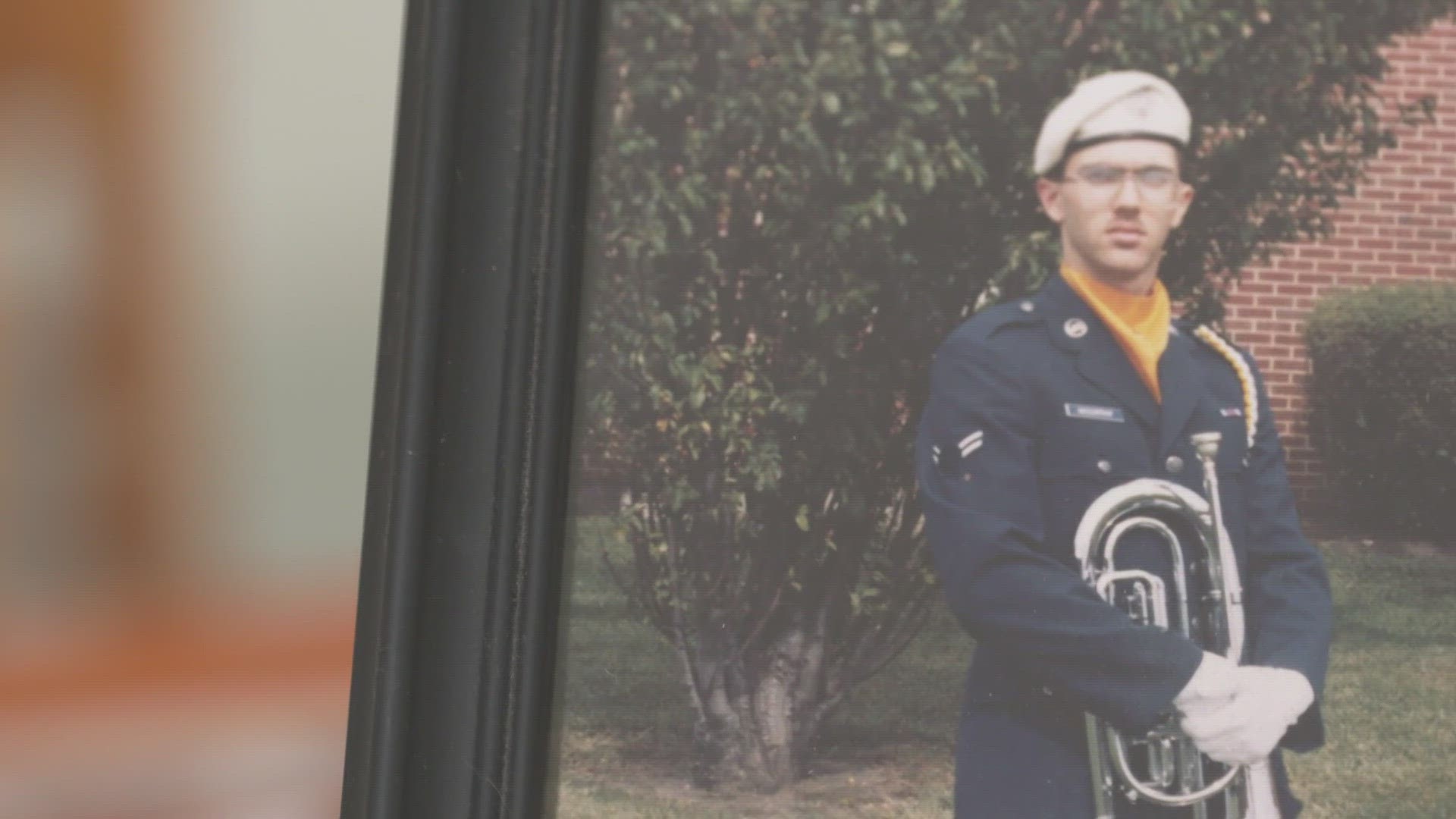After repeated atrocities, state asks lawmakers for permission to more closely regulate funeral homes
The owners of Sunset Mesa Funeral Home admitted to stealing and selling hundreds of bodies. The owners of Return to Nature Funeral Home were arrested this week.

Judy Cressler could tell something was wrong.
The owner of Sunset Mesa Funeral Home in Montrose gave the Cressler family a box she said contained her dad's ashes — but Cressler felt like something was off. She had a feeling the owners of the funeral home stole her father's body and sold him.
"When I filed my complaint, I might have sounded a little crazy," she said. "But I was right."
Two years after Cressler filed her complaint with Colorado's Department of Regulatory Agencies (DORA), the FBI raided Sunset Mesa and alleged its owners, Megan Hess and Shirley Koch, sold hundreds of bodies and gave families a haphazard mix of garbage and leftover human remains instead of their loved ones' ashes.
"If DORA had paid more attention to those complaints, maybe some of those people wouldn’t have been stolen and sold, including my father," Cressler said.
At the time of Cressler's complaint, DORA regulators did not have the ability to enter funeral homes without permission. Some laws have since changed -- and the perpetrators of the atrocity at Sunset Mesa are in federal prison.
But years after the reforms that followed Sunset Mesa, a funeral home atrocity is unfolding again. The FBI is investigating a funeral home in southern Colorado after nearly 200 decomposing bodies were discovered inside.
Now state regulators, legislators and victims all agree: more must be done so another thousand Colorado families aren't victimized by a funeral home again.


Chapter 1 The Shadow of Sunset Mesa
After the owners of Sunset Mesa stole and sold the bodies of hundreds of Colorado Rep. Matt Soper's (R-Delta) constituents, he felt he didn't have a choice but to work to increase regulation for the funeral home industry.
"Sometimes you don't get to pick the issues that you're representing," he said. "We have had some of the most horrific abusers of corpses in American history right here in Colorado."
Since the FBI raid of Sunset Mesa in 2018, the state legislature passed regulations to make abusing a corpse a felony, to prevent funeral home owners from also owning a majority share in a body broker company and to allow DORA to inspect funeral homes following a complaint.
"I'm shocked that the state didn't have the authority," Soper said. "I mean, how can you license a profession and not be able to actually randomly inspect if a complaint has been made?"
He helped pass legislation to allow DORA to inspect funeral homes -- if a complaint has been made against that specific funeral home.
"It means there are only a few victims in the future, not 300 to 800 victims in the future," Soper said.
But the new laws did not stop the Return to Nature Funeral Home in Penrose, where FBI hazmat teams worked to remove at least 189 decomposing bodies after complaints of a foul odor.
The couple who owns that funeral home were arrested in Oklahoma on numerous charges, including abuse of a corpse, theft, and money laundering, the Fourth Judicial District Attorney's Office announced this week. It's not yet known when they'll make their first court appearance since they were arrested in another state.
Another funeral home atrocity has already sparked calls for still further increased regulation.
"I'm stunned at the lack of law in the funeral home industry here in Colorado," Soper said. "And there's still a big gap."


Chapter 2 It Happened Again
Colorado remains the only state that doesn't license funeral home workers, but it may not stay that way for long.
The horror at Sunset Mesa and Return to Nature has led regulators to ask for more oversight ability. A DORA report released last month said "recent events clearly indicate that additional government oversight is warranted to ensure the public trust in the funeral industry."
DORA asked lawmakers to grant permission for it to make specific standards pertaining to the funeral industry, add routine inspections of funeral homes regardless of complaint status and conduct inspections when a funeral home ceases operations.
Another report due out in December will disclose whether DORA wants to add a licensing requirement for funeral home workers. Soper believes they should.
"The political appetite is there. There are going to be some challenges with some of the very big funeral home companies," he said.
Victims of Sunset Mesa agree.
"The funeral home industry just needs more regulations," Cressler said. "They need people checking up, coming in and making sure this body is who it says."
DORA will consult associations representing funeral homes as it formulates its recommendations. The president of the Colorado Funeral Directors Association said his organization was not taking an official stance on the matter.
Chapter 3 Body Brokers
Cressler will never get her father's body back.
She said the FBI told her it was sold to a Saudi Arabian company where it was made into a plastic display — as were the bodies of many others whose loved ones' remains Sunset Mesa stole.
Regulating the trade of human bodies may be an uphill battle for Colorado regulators. So-called body brokers legally buy and sell bodies and body parts often donated to "science." Some go to training programs for students to use as practice, some to scientific research or display and some to medical companies for use in procedures like bone grafts, dental implants and knee replacements, the government explained in charging documents for the Sunset Mesa case.
"It's a really murky world. Bodies invariably do not end up going to science," Soper said. "Your body could be donated for testing for diseases or as a crash dummy or for military tests."
He wants people who donate their bodies to know what the possible uses are -- with mandated disclosures they have to sign and criminal penalties for body brokers who don't follow the permissions.
"I would rather have a Coloradan -- or any American, quite frankly -- know what the possibilities are up front," he said. "And if you are going to go down the path of donating your body to science, be very clear in the paperwork."
But requiring additional disclosures and regulating the trade of human remains may be difficult for Colorado lawmakers; body brokers operate beyond state lines and across the world.
"Only the federal government can investigate these crimes with the FBI. There needs to be a federal law on point," Soper said.
A proposal to add federal regulations, supported by the National Funeral Directors Association, was introduced in the U.S. Senate last year, but has not passed.
Victims like Cressler worry that could mean more families will feel the pain that hers is dealing with.
"It's still hard," she said. "It's just not natural."


SUGGESTED VIDEOS: Investigations & Crime


